
A Better Solution for Ukraine that Ends U.S. Strategic Dithering
U.S. policy is burdened by strategic dithering — supporting Ukraine enough to not lose, but not enough to be victorious.

U.S. policy is burdened by strategic dithering — supporting Ukraine enough to not lose, but not enough to be victorious.
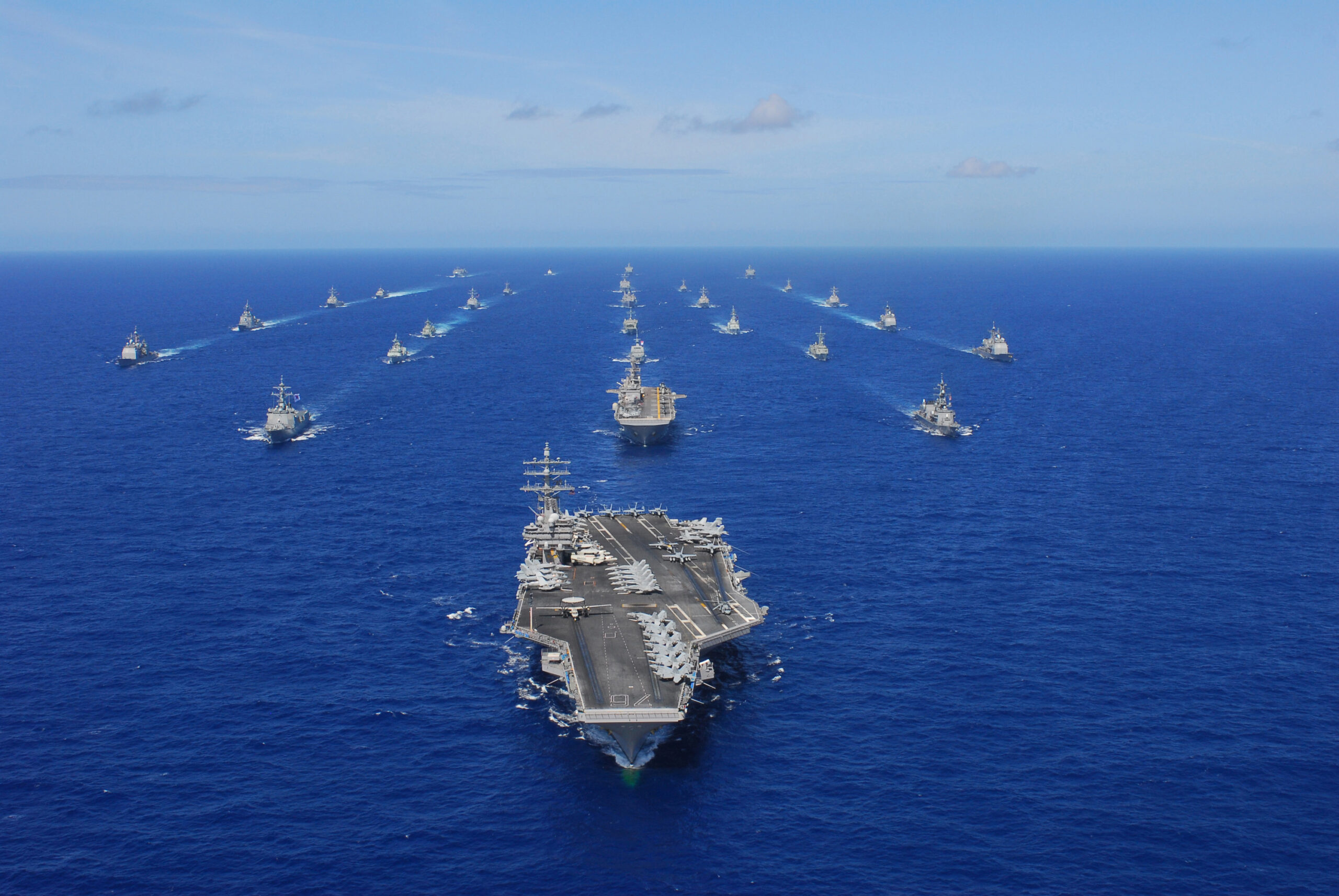
The next Navy secretary should create a group of upwardly mobile Navy, Coast Guard and Merchant Marine captains and Marine Corps colonels to experiment with new concepts of naval strategy and operations. The increasing tensions with China demand it.

Millions of military servicemembers and veterans could be targeted by foreign governments, unless the government does everything possible to crack down on unaccountable data brokers who collect and sell extremely detailed personal information on all Americans.

President-elect Trump and his national security team want change in the U.S. military. They can score fast wins by correcting major defense program mistakes made by the Biden administration.
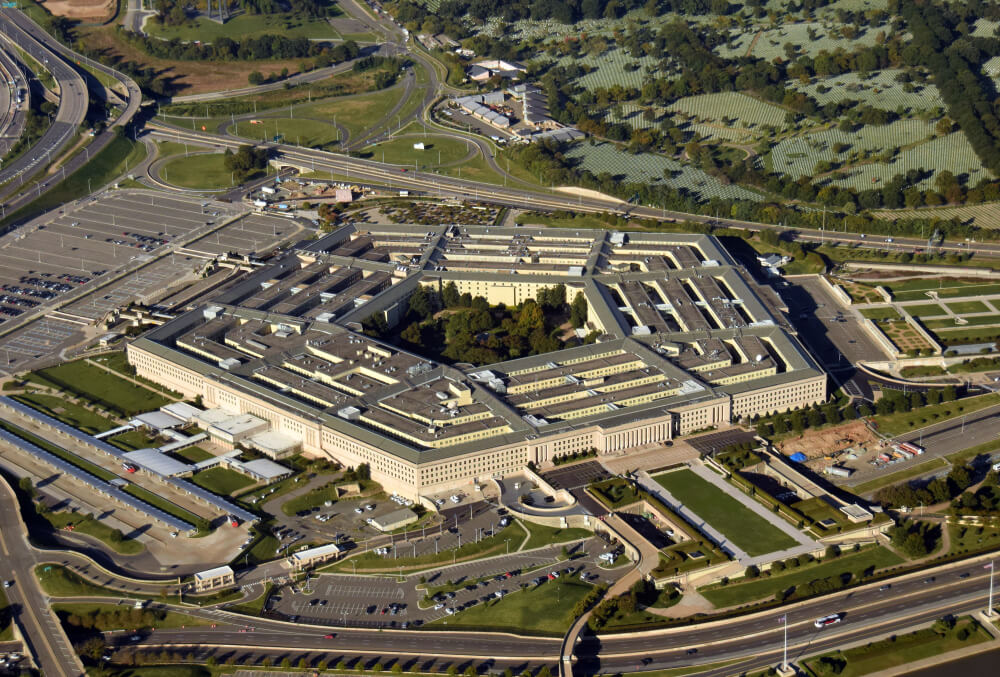
Here are a set of top priorities the new Trump administration should consider for the first 100 days in the Department of Defense.
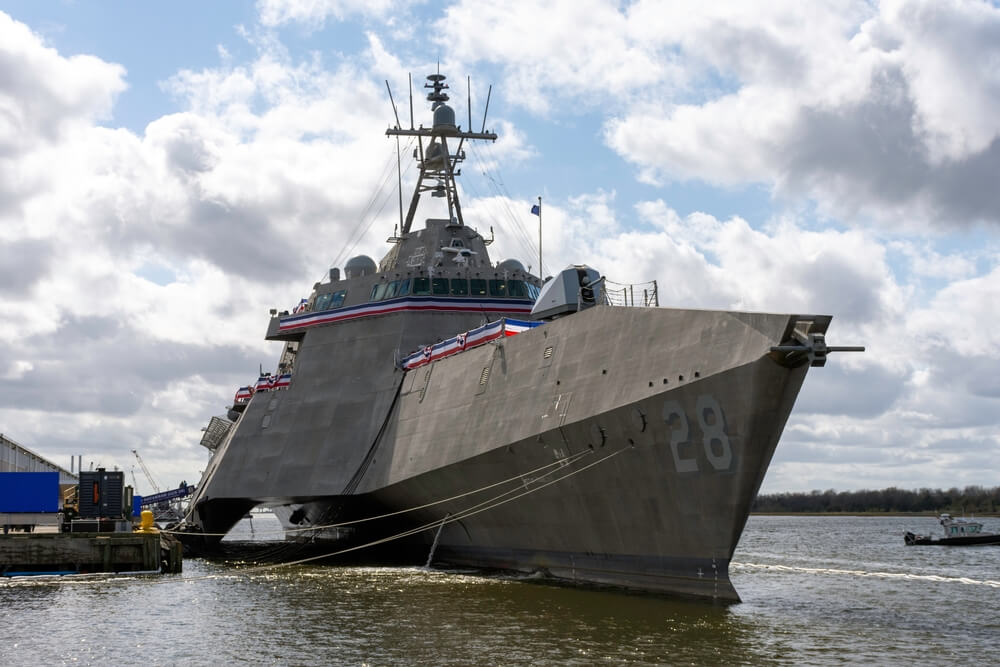
Among the first actions it takes in the Pentagon, the incoming Trump administration should commission a top-to-bottom review and reform of the Navy bureaucracy that develops new warships.
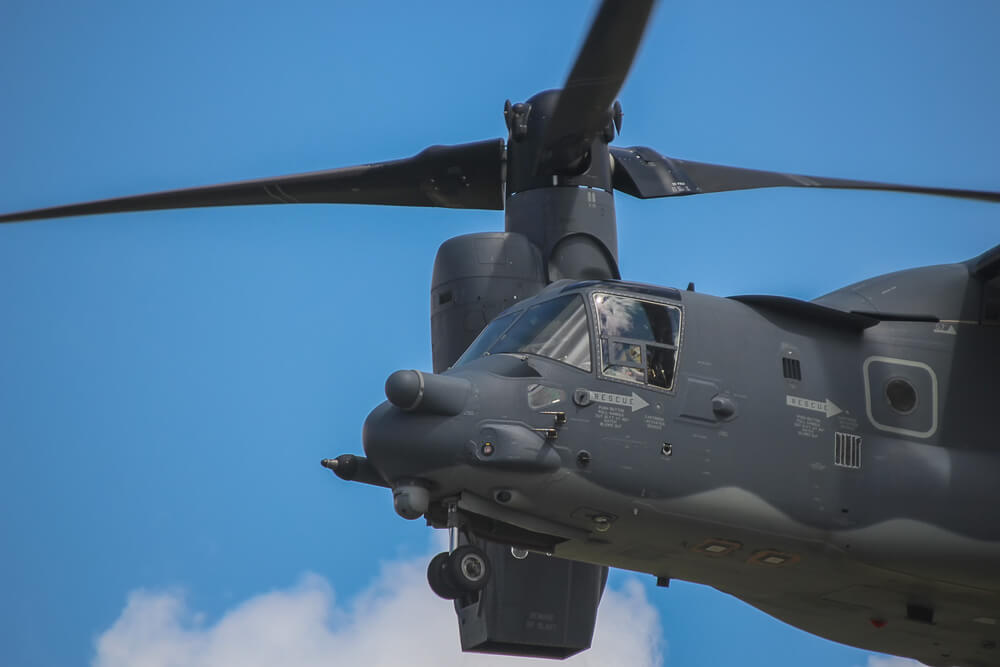
It’s now almost impossible to imagine a time in Air Force Special Operations without the CV-22 Osprey. The Osprey has been at the forefront of the toughest missions since its first combat deployment in 2009.

Americans face a pivotal choice at the ballot box that will shape the future of our nation’s veterans.

The next administration must do dramatically better in understanding both the semiconductor industry and its fundamental role in the modern world with robust national security policies reflecting this understanding.

Military readiness is much more than the effective training of forces for deployment. As one community in central Missouri demonstrates, it includes ensuring that military-connected children have an excellent public school experience, giving their parents peace of mind that a career in the military doesn’t have to mean sacrificing a child’s education.

The next U.S. president will be faced with a stark choice – whether or not to rebuild what was once a vital commercial merchant marine fleet to support U.S. trade interests around the globe and buttress U.S. military operations when needed.
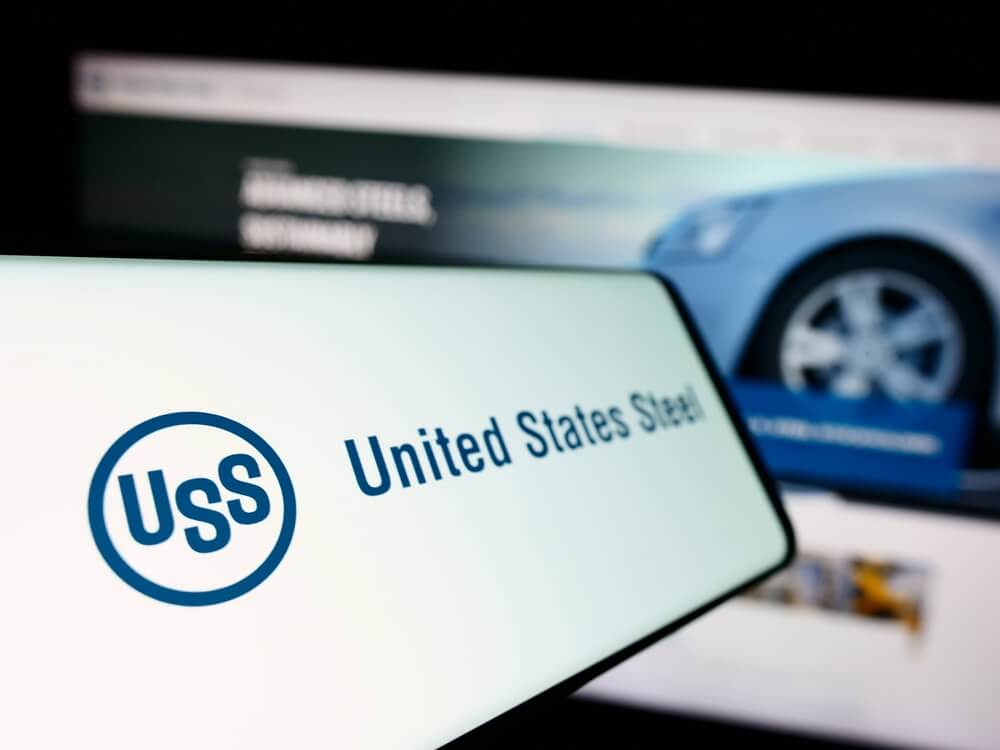
An important American national security institution stands at a crossroads. The Committee on Foreign Investment in the United States, which for decades has protected key domestic industries against potential threats from foreign investments, has been thrust into uncharted territory.
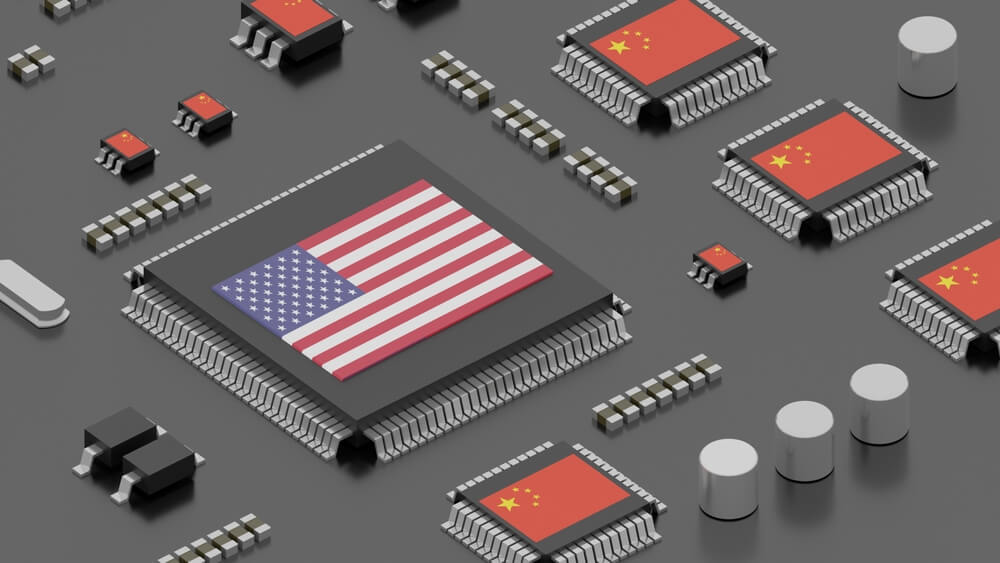
It will take years to purge the myriad military systems containing content from our adversaries. In the meantime, we remain at risk for a catastrophic event that could disrupt military operations and cripple critical infrastructure.
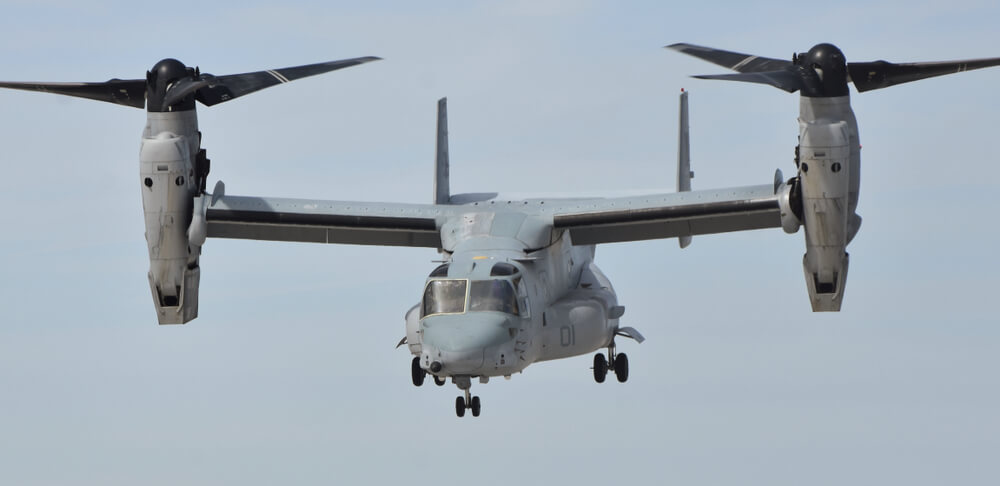
Every military aviation accident is a tragedy, and we must always strive to improve safety. But context is important, and the idea that the V-22 is more dangerous than other aircraft is just a myth, pure and simple.
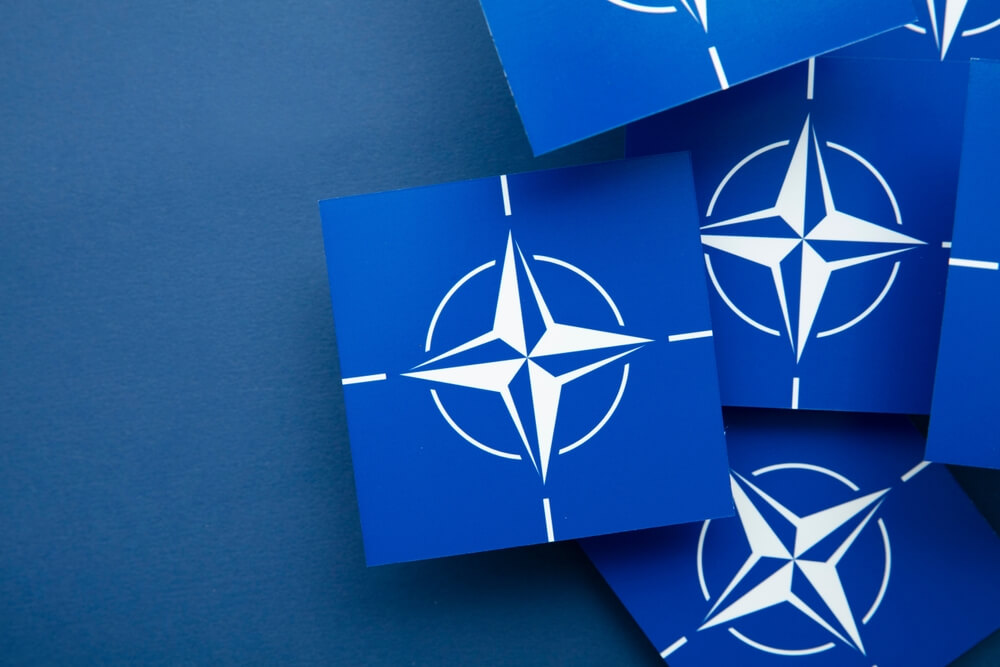
The new NATO secretary general has the opportunity and experience necessary to lead a global effort to cripple Russia’s war against Ukraine by tightening global export controls on semiconductors that are currently enabling Moscow’s arsenal.

Championed by a bi-partisan group of 40 lawmakers, the Senate resolution designates Nov. 17 as “National Warrior Call Day,” a major effort that draws attention to those service members and veterans perilously disconnected from family, friends and support systems.

The sophisticated attack this week in which Israel is suspected of detonating pagers carried by Hezbollah members could bring a serious escalation in the attrition war between the two sides that started following the Hamas terror strike on Oct. 7, 2023. One of the options Israel is weighing is conducting a large-scale war in Lebanon. But this would be a huge gamble and a grave mistake, for several reasons.
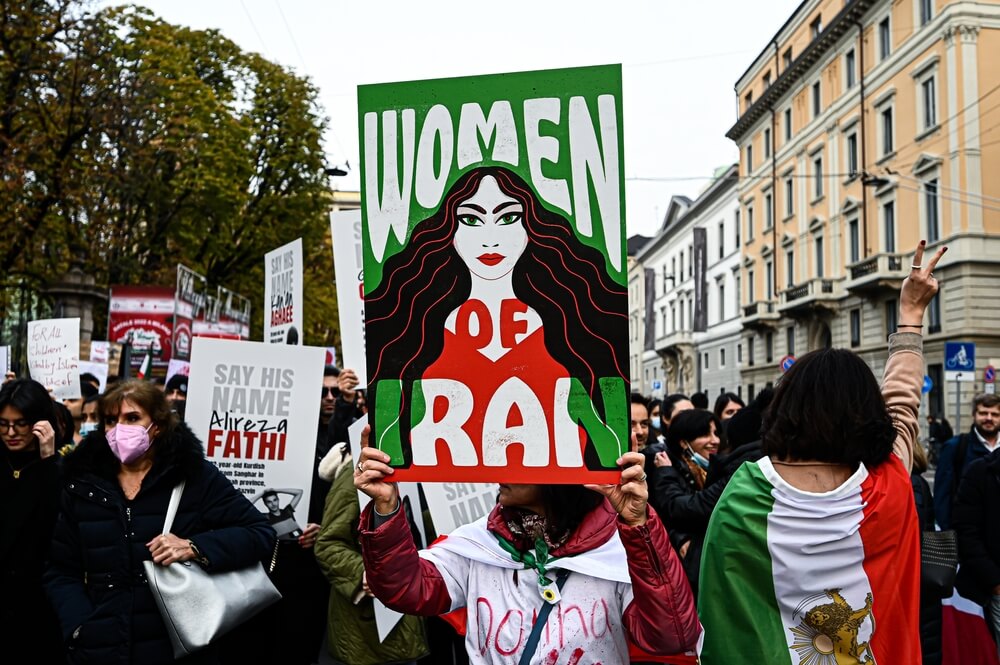
The career of Iran’s new president has been marked by a staunch commitment to the regime’s oppressive policies, particularly those targeting women and girls. It is an attitude that is poised to intensify under his leadership.

The damage to the U.S. semiconductor industry is compounded from a national security perspective because of the improved armaments China will now have to menace Taiwan and its other neighbors, such as the Philippines, in addition to the U.S.
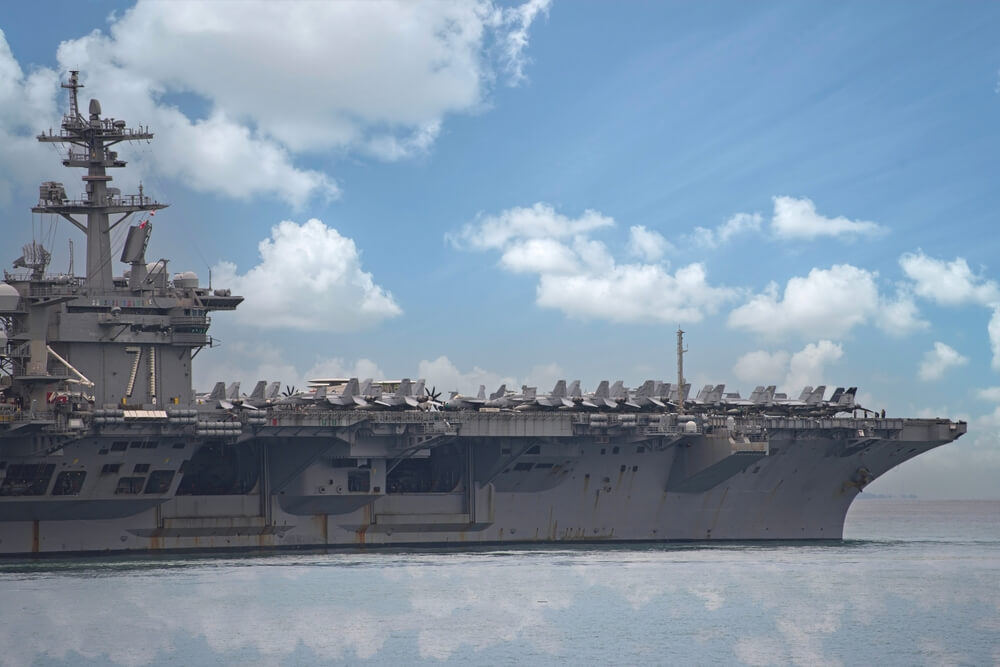
Sending the USS Abraham Lincoln aircraft carrier at high speed to the Middle East has created an aircraft carrier gap in the Pacific. The carrier fleet is stretching to perform its global role.
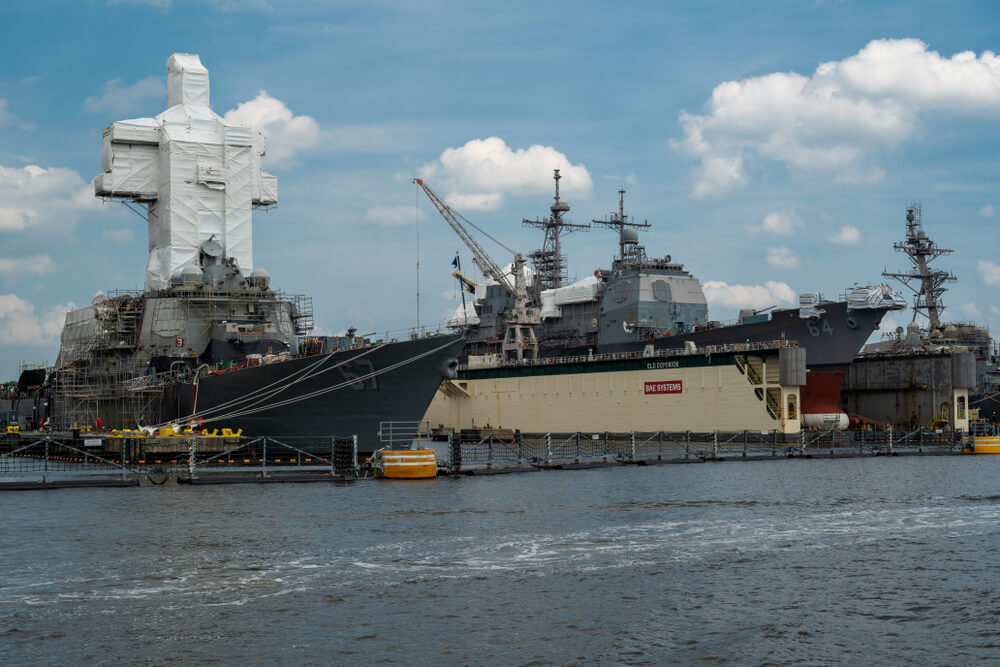
The Navy’s more diverse ecosystem of maintenance has seen its shipboard, tender-based and local-homeport components decimated since the end of the Cold War. Bringing back a maintenance and repair system at multiple levels might ease the burden on shipyard-level maintenance and repair.

By renewing their support for the Merchant Marine Act of 1920, more commonly known as the Jones Act, Congress can bolster our economic and national security.

Cyber-attacks are a growing danger to U.S. business. And of the panoply of cyber threats, ransomware plagues many industries and can lead to disastrous consequences for businesses that aren’t proactive in their cybersecurity approach.

With the end of a cooperative framework, the Arctic is rapidly becoming the next contested area in great power competition, and the U.S. is in danger of being a day late and a dollar short.

The D.C. region leads the nation in national security jobs anchored in math. But the region’s K-12 students must be better equipped if they are to participate. Area schools and educators must help them overcome serious math deficits.

The Air Force is facing pressure to rethink its tanker modernization strategy and cut back on new KC-46 contracts. Cutting back would be a bad idea.

We need to find innovative ways to stretch our industry training dollars, especially as advancing military threats spur the need for more advanced weaponry and a well-trained workforce.
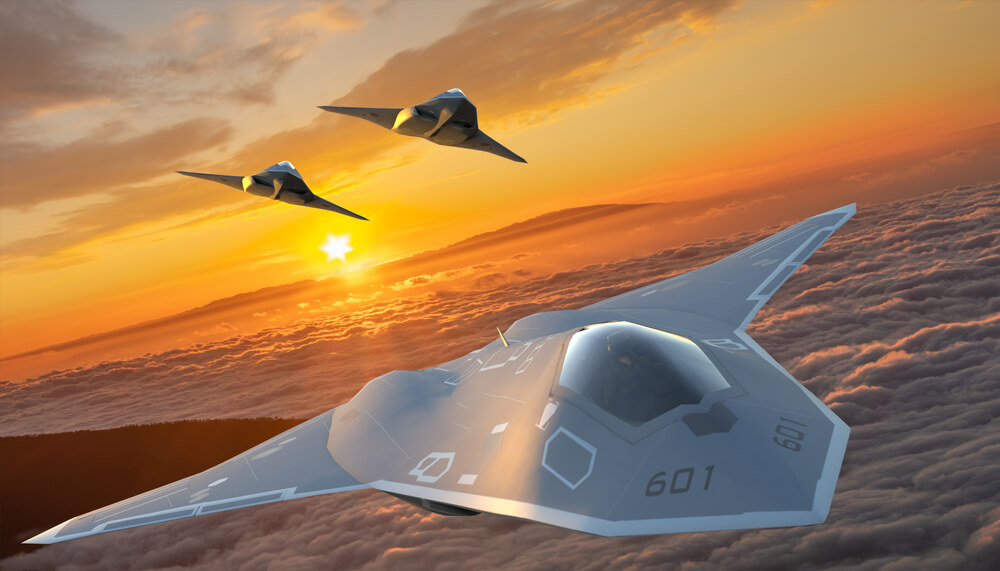
The U.S. Air Force is teetering on the edge of losing its precious lead in jet engine expertise by delaying or restructuring its secretive Next Generation Air Dominance, or NGAD fighter.

The Biden administration’s decision to force the transition to electric vehicles overlooks several significant national security risks that provide a lot of leverage to China.

The widespread boycott of both the first and second rounds of voting serves as a powerful testament to the Iranian people’s deep-seated desire for the overthrow of the entire regime.